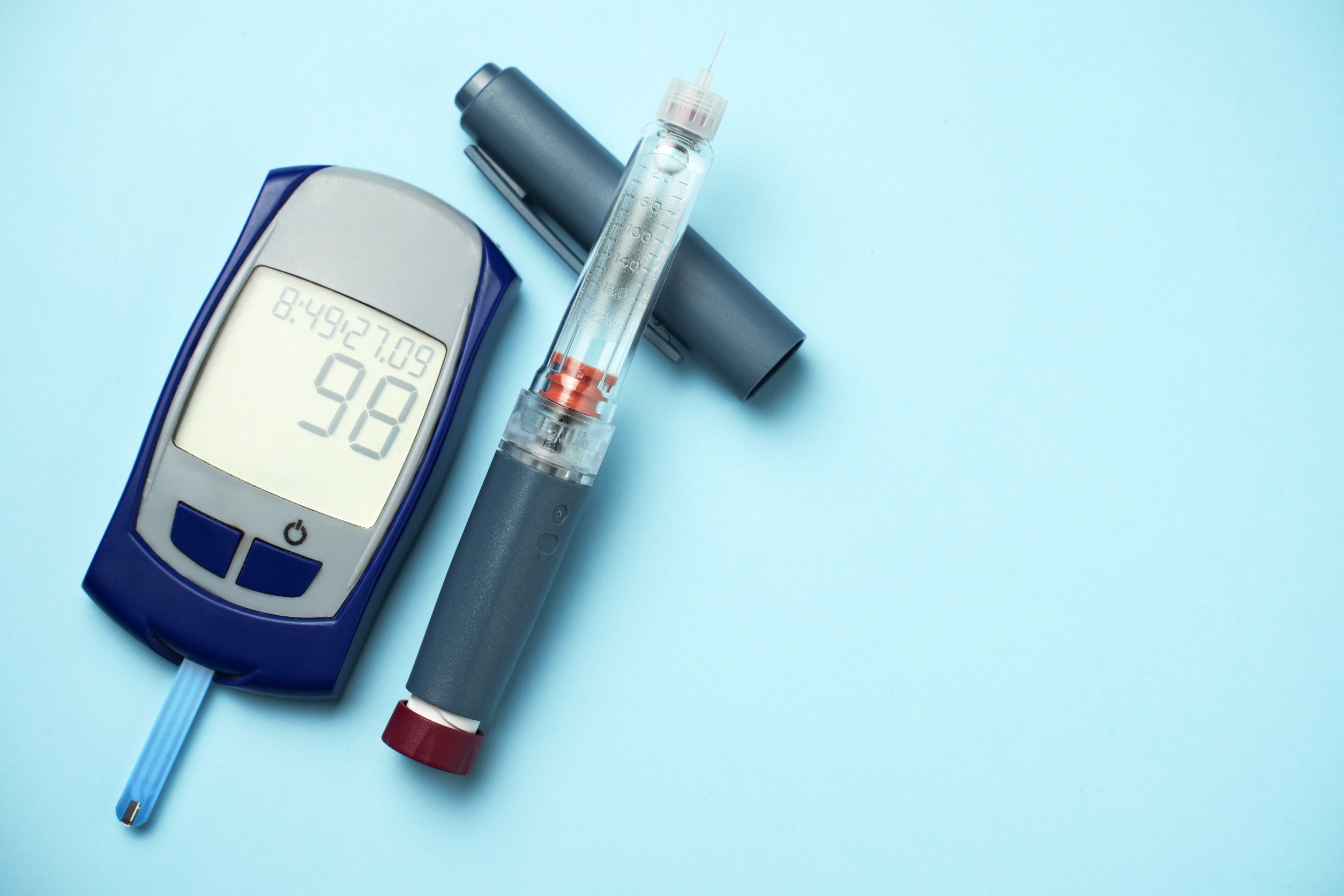BY THE OPTIMIST DAILY EDITORIAL TEAM
Researchers created what they are referring to as “smart” insulin, a novel treatment that adjusts in response to fluctuations in blood sugar levels. This discovery has the potential to revolutionize the lives of millions of people who suffer from type 1 diabetes. Unlike regular insulin, which requires numerous daily injections, these new glucose-responsive insulins (GRIs) are latent in the body and activate only when necessary. This advancement suggests that patients may ultimately require insulin injections as little as once a week.
The science behind smart insulin
Current insulin therapy, while life-saving, requires regular monitoring. To avoid the harmful extremes of hyperglycemia (high blood sugar) and hypoglycemia (low blood sugar), patients must monitor their blood sugar levels on a regular basis and take insulin numerous times daily. Dr. Tim Heise, vice-chair of the Type 1 Diabetes Grand Challenge‘s novel insulins scientific advisory council, stated that “even with the currently available modern insulins, people living with type 1 diabetes have to put lots of effort into managing their diabetes every day.”
The goal of smart insulins is to simplify this tedious routine. These unique insulins react to the body’s glucose levels, becoming active as blood sugar rises and turning off when it falls below a particular level. This real-time reaction closely resembles the body’s natural insulin control, providing a more precise and burden-free way to treat diabetes.
Dr. Heise refers to glucose-responsive insulins as “the holy grail of insulin” because they have the potential to bring treatment as near to a cure as feasible without requiring continuous monitoring or several daily injections.
Global efforts to accelerate development
Six research teams throughout the world, including those at Stanford University in the United States, Monash University in Australia, and Zhejiang University in China, have received over £3 million ($3.87 million) to speed the development of these ground-breaking medicines. The financing is part of the Type 1 Diabetes Grand Challenge, a cooperation between Diabetes UK, JDRF, and the Steve Morgan Foundation, which has pledged £50 million ($64.5 million) to further research in the field.
Each research team focuses on improving the speed, precision, and effectiveness of smart insulin technology. Four of the initiatives are solely focused on evaluating various GRIs, while the fifth involves developing ultrafast, short-acting insulin that could improve present insulin pump technologies. The sixth research is especially exciting because it involves a protein that combines insulin with glucagon, a hormone that boosts blood sugar levels. This dual-action method may help to keep blood glucose levels steady by preventing both highs and lows.
Dr. Elizabeth Robertson, the director of research at Diabetes UK, highlights the potential impact of these projects: “By supporting these groundbreaking research projects, we are aiming to develop new insulins that more closely mimic the body’s natural responses to changing blood sugar levels. This could greatly reduce the daily problems of controlling type 1 diabetes while also improving the physical and mental health of those who live with the condition.”
The promise of future diabetes management
The ramifications of smart insulin are significant. If successful, these medicines could significantly reduce the burden of diabetes control, allowing individuals to live fuller, healthier lives without worry of complications caused by changing blood sugar levels. Rachel Connor, director of research partnerships at JDRF UK, echoes this sentiment: “Managing glucose levels with insulin is really tough, and it’s time for science to find ways to lift that burden.”
While insulin has been a staple of diabetes therapy for more than a century, it is evident that present procedures are far from ideal. The discovery of smart insulins represents a tremendous step forward, providing hope to millions of people who confront the daily challenges of diabetes care. As these research efforts continue, the world may be on the verge of a new era in insulin therapy—one in which diabetes management is no longer a continual battle, but rather a smooth and natural part of daily life.











